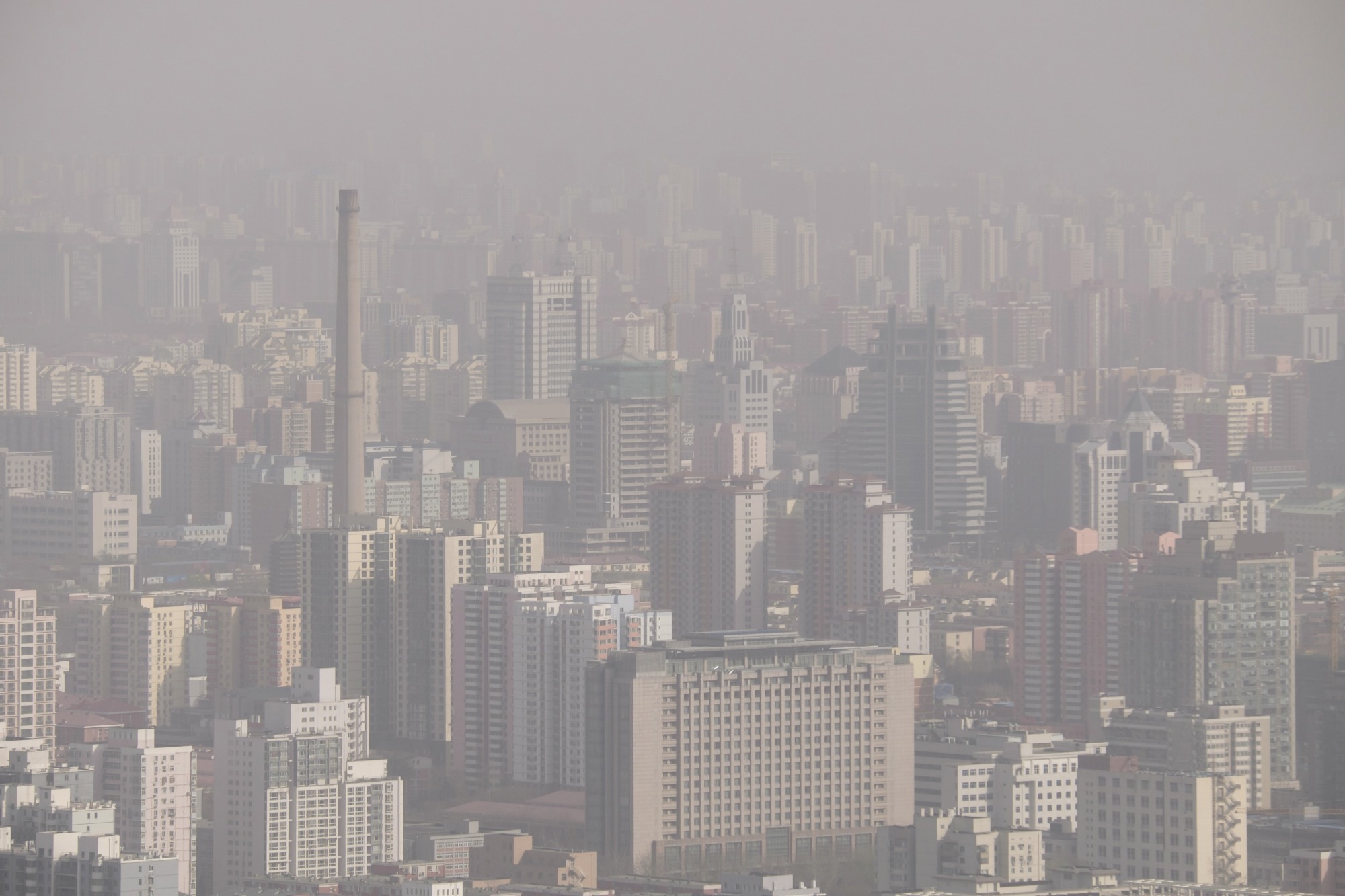To this end, they created the AIRCODEN database that covered all Danish residents who were ≥30 years on March 1, 2020, and resided in the country for at least 12 months before this date.
 Study: Long-term exposure to air pollution and risk of SARS-CoV-2 infection and COVID-19 hospitalization or death: Danish nationwide cohort study. Image Credit: designbydx/Shutterstock.com
Study: Long-term exposure to air pollution and risk of SARS-CoV-2 infection and COVID-19 hospitalization or death: Danish nationwide cohort study. Image Credit: designbydx/Shutterstock.com
Background
Previous ecological studies have suggested associations between air pollution and increased COVID-19 risk, but evidence from individual-level cohort studies is still scarce.
A study from Italy detected an association between long-term exposure to particulate matter less than 2·5 µm in diameter (PM2.5) with incidence of COVID-19. Likewise, a research study from Rome detected a correlation of PM2.5 or nitrogen dioxide (NO2) with COVID-19 incidence but none with COVID-19 mortality.
Another recent United Kingdom Biobank data study detected a correlation of PM2.5 and NO2 with COVID-19 incidence but none with COVID-19-related hospitalizations or death.
Furthermore, a recent study detected significant correlations between PM2.5 and an increased risk of death in hospitalized COVID-19 cases.
About the study
In the present study, researchers linked the AIRCODEN to the Danish COVID-19 Surveillance System, which maintains a record of lateral flow testing results confirmed by the reverse transcription-polymerase chain reaction (RT-PCR) test.
They considered three COVID-19 outcomes, as follows:
i) first incidence, as assessed by the first positive RT-PCR test;
ii) hospitalization for>12 hours within 14 days of first testing positive for COVID-10 in an RT-PCR; and
iii) all-cause death within 30 days of first testing positive for COVID-10 in an RT-PCR.
Individual-level SES information included employment and educational status, income, marital status, and household size. In addition, they adjusted for five administrative regions in this COVID-19 analysis with different COVID-19 strategies, consistent with prior analyses evaluating air pollution as a risk factor for mortality.
They defined co-morbidities, like acute lower respiratory infections (ALRIs), dementia, etc., as any inpatient\outpatient\emergency room admission registered in the Danish National Patient Register before March 1, 2020.
Further, the researchers used the Danish Eulerian Hemispheric Model (DEHM) and the Urban Background Model (UBM) model with several domains of different spatial resolutions to estimate average annual pollution due to nitrogen dioxide (NO2), PM2.5, PM10, black carbon (BC), and ozone (O3) at a 1×1 km spatial resolution for 1979–2019.
For 2010 (warm season) data on average annual pollution due to PM2.5, NO2, BC, and O3 at a 100×100 m spatial resolution, they used the LUR model, developed for the Effects of Low-Level Air Pollution: A Study in Europe (ELAPSE) project.
Both models worked remarkably in the five-fold hold-out validation test. The study follow-up ended by April 26, 2021, or the occurrence of any of the three study outcomes, whichever came first.
Results
The final analytic set of the study comprised 3,721,813 subjects representing the general Danish population, of which 138,742, 11,270, and 2,557 individuals tested positive for COVID-19, sought hospitalization, and died from COVID-19, respectively, during 14 months of follow-up spanning two pandemic waves between March and August 2020, and August 2020 till April 2021.
Based on SES and demographic parameters, subjects who died of COVID-19, or any other cause, were less likely to be rich, women, stably employed, highly educated, or married.
Nonetheless, long-term exposure to air pollution, even well below current EU limit values, was associated with an increased risk of contracting COVID-19 and developing severe COVID-19 outcomes.
The authors noted robust and significant positive correlations between PM2.5, NO2, and BC with all three COVID-19 outcomes, the strongest being for mortality, with 18% and 23% higher risk of COVID-19 death for each 3.59 and 0.53μgm−3 increase in NO2 and PM2.5, respectively.
The association between NO2, BC pollution, and all three COVID-19 outcomes were nearly identical; however, it was almost 50% weaker for PM2.5, PM10, and COVID-19 incidence and hospitalizations. Moreover, the associations of O3 pollution with three adverse COVID-19 outcomes were negative, and PM10 or O3 had no association with all-cause mortality.
For most of the pollutants and COVID-19 outcomes, exposure-response functions (ERF) were curvilinear or linear. However, the association between PM2.5 and COVID-19 incidence was notably weaker when PM2.5 concentration was below 7 µg·m−3, and nil for NO2 concentration below 8 µg·m−3.
Conclusions
The study results showed that people with chronic respiratory, cardiometabolic diseases, dementia, ALRIs, and most socioeconomically disadvantaged (low SES status) were most susceptible to contracting COVID-19 due to higher concentrations of air pollutants evaluated in this study.
These results widen the evidence database suggesting that air pollution is a key risk factor for COVID-19.